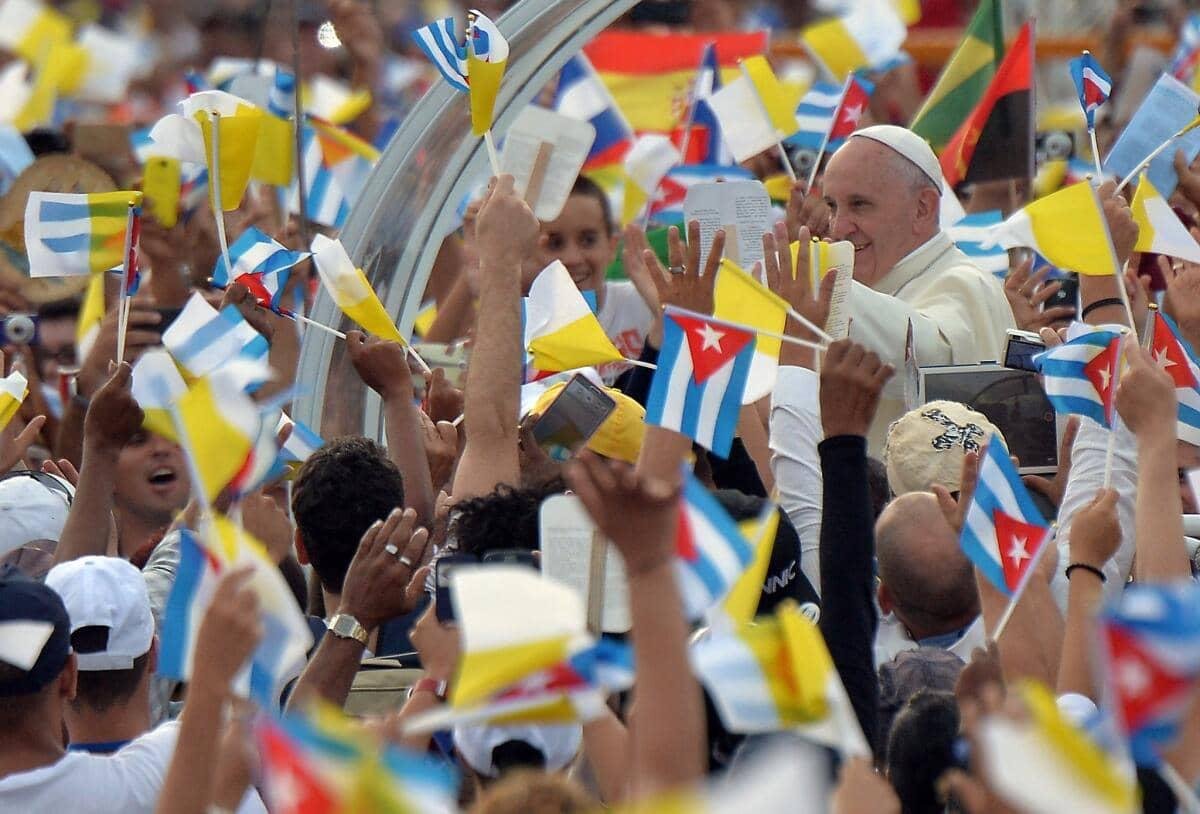Pope Francis: A Force for Cuba-U.S. Normalization
Pope Francis, who died this week, was the first Latin American leader of the world’s over one billion Catholics, a critic of cutthroat capitalism and a key player in efforts to normalize relations between the United States and Cuba.
In his twelve years as head of the Catholic Church, Francis called for economic and social inclusion and urgent action to protect the environment.
“No one can accept the precepts of neoliberalism and consider themselves Christian,” he wrote in his days as Cardinal Jorge Bergoglio, archbishop of Buenos Aires.
As pope, he put it more bluntly: “This sort of economics kills...The thirst for power and possessions knows no limits. In this system, which tends to devour everything which stands in the way of increased profits, whatever is fragile, like the environment, is defenseless before the interests of a deified market."
Pope Francis's role in the secret negotiations that led to the historic albeit short-lived reconciliation between the United States and Cuba in 2014 was publicly recognized by both Barack Obama and Raúl Castro.
The following year he visited Cuba, where he held a public mass in Havana’s Plaza de la Revolución.
Pope Francis mediated another agreement reached between the two governments earlier this year.
Cuba was to release 553 prisoners, including many of those arrested during the July 2021 protests, and Washington was to remove Cuba from the State Department's "State Sponsors of Terrorism" list.
Vatican News reported that Cuba released the 553 prisoners. But President Biden’s removal of Cuba from the terror blacklist was overturned by President Trump as soon as he took office.

